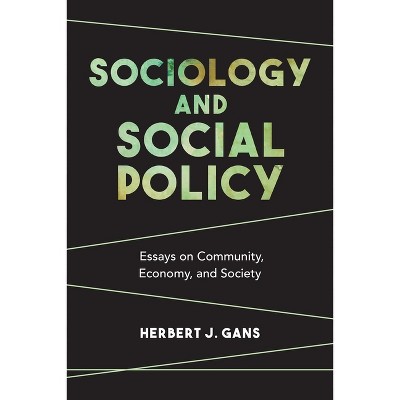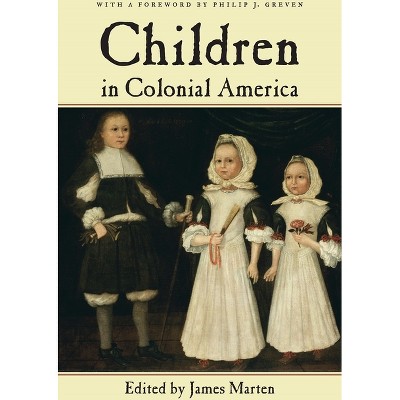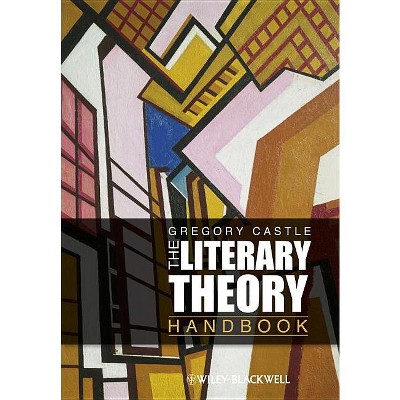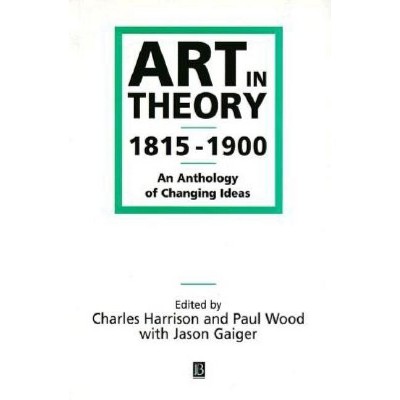Sponsored

Classical Sociological Theory - 4th Edition by Craig Calhoun & Joseph Gerteis & James Moody & Steven Pfaff & Indermohan Virk (Paperback)
In Stock
Sponsored
About this item
Highlights
- A world-class introduction to the historical and continuing impact of classical theory on sociological debate The latest edition of Classical Sociological Theory offers students a definitive guide to the theoretical foundations of sociology and the continuing impact of the ideas explored by early theorists, including Marx, Durkheim, Weber, Mead, Simmel, Freud, Du Bois, Adorno, Marcuse, Parsons, and Merton.
- About the Author: Craig Calhoun is University Professor of Social Sciences at Arizona State University, USA and former Director of the London School of Economics and President of the Social Science Research Council.
- 576 Pages
- Social Science, Sociology
Description
About the Book
"Classical sociological theory shapes the discipline of sociology, but also all of modern social thought. It influences politics, economics, and legal decisions. Preachers refer to it in sermons, journalists in newspaper columns. It shapes how both experts and ordinary people think about race, gender, sexuality, family, community, nationalism, military service, business corporations, social movements, and response to emergencies. It enables us to see connections among different events, institutions, and trends. It helps us to see general patterns in social life. And it helps us relate personal life to society. This is important at all scales from interpersonal relations like love or friendship to large-scale patterns in economy, government, or culture. Sociological theory helps us to see to what extent we can choose the conditions we live under. It helps us literally to judge what is possible and what is not, and what are the likely consequences of different courses of action. Sociological theory does not tell us what parties to vote for, what religion to profess - if any - or what moral values are right. But it does enable us to make systematic and informed judgments about what policies will promote our values and which will be likely to undermine them. It helps us to locate our personal experiences and shared projects in larger social and historical contexts. As C. Wright Mills put it: "Neither the life of an individual nor the history of a society can be understood without understanding both.""--Book Synopsis
A world-class introduction to the historical and continuing impact of classical theory on sociological debate
The latest edition of Classical Sociological Theory offers students a definitive guide to the theoretical foundations of sociology and the continuing impact of the ideas explored by early theorists, including Marx, Durkheim, Weber, Mead, Simmel, Freud, Du Bois, Adorno, Marcuse, Parsons, and Merton. The prestigious editors have integrated several readings on the most influential theories arising out of the Enlightenment era and the work of de Tocqueville.
Readers are introduced to seminal works in classical sociological theory by way of editorial introductions that lend historical and intellectual perspective to the included readings. The readings themselves have been selected based on their combinations of theoretical sophistication and accessibility. From analyses of self and society to examinations of critical theory and structural-functional analysis, Classical Sociological Theory remains the gold standard in classical theory readers.
The Fourth Edition of this widely taught book includes:
- Selections that trace the history of classical sociological theory, from its undisciplined roots to its modern influence on contemporary sociological debate
- Readings describing the "pre-history" of sociology, including ideas from the Enlightenment and de Tocqueville
- Editorial introductions that place selected works firmly in their intellectual, philosophical, and historical contexts for the benefit of the student
- A distinguished and scholarly team of editors with a wide and deep range of expertise
Perfect for undergraduate and graduate students of social and sociological theory, Classical Sociological Theory is also a thought-provoking resource ideal for use in courses taught in human geography, anthropology, criminology, and urban studies programs.
From the Back Cover
CLASSICAL SOCIOLOGICAL THEORY
Classical Sociological Theory is a remarkable collection of theoretically sophisticated and accessible readings by influential thinkers like Marx, Durkheim, Weber, Mead, Simmel, Freud, Du Bois, Adorno, Marcuse, Parsons, and Merton. This updated anthology, now in its fourth edition, provides students with a solid understanding of classical theory's place in the history of sociology and contemporary sociological theory, impacting the field today with new contents and ideas for critical reflection. The selected works include several readings that highlight the impact of Enlightenment concepts and the work of Alexis de Tocqueville on the early and undisciplined beginnings of sociological inquiry.
This newly revised edition continues to contribute to the development of the discipline of sociology, making a thorough grasp of the thought-provoking and challenging material necessary to comprehend modern sociological research and theory. It also features accessible editorial introductions that places each reading in its intellectual, philosophical, and historical context.
With extensive references to further readings and resources, Classical Sociological Theory, Fourth Edition remains the leading resource for students of social and sociological theory, as well as those taking courses in human geography, anthropology, criminology, and urban studies.
About the Author
Craig Calhoun is University Professor of Social Sciences at Arizona State University, USA and former Director of the London School of Economics and President of the Social Science Research Council.
Joseph Gerteis is Professor of Sociology and co-Director of the American Mosaic Project at the University of Minnesota, USA. His research focuses on race, ethnicity, and political culture.
James Moody is Professor of Sociology at Duke University, USA, and Director of the Duke Network Analysis Center. His work focuses on the network foundations of social cohesion and diffusion.
Steven Pfaff is Professor of Sociology at the University of Washington, USA. His research focuses on religion, politics and social change.
Indermohan Virk is Executive Director of the Patten Foundation and the Poynter Center for the Study of Ethics and American Institutions at Indiana University Bloomington, USA.
Shipping details
Return details
Frequently bought together

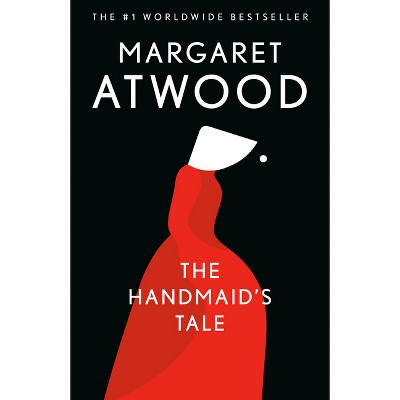


Trending Non-Fiction






